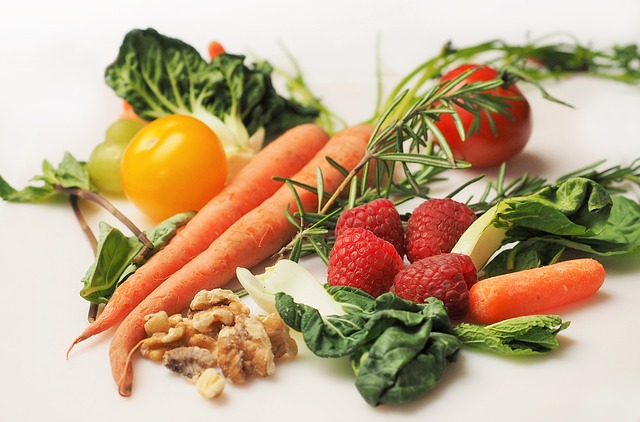
01 Aug It’s Not What You Eat, But How Much – Busting Common Diet Myths
Paving your own path towards a healthy lifestyle means parsing through a ton of diet myths and misconceptions. Fortunately, modern dieters are much more aware of what dietary practices are actually useful for losing weight. Surveys conducted by the National Center for Health Statistics in 2018 revealed that 62.9% of participants believed exercise and eating less are the most effective ways to lose weight. Self-care is all about having a moderate frame of mind and good discipline. Working towards a healthy diet means being able to tell what practices are truly making a positive impact on your body. Here are a few common dietary misconceptions to be aware of.
Over Drinking Before Exercise
For a great deal of people, drinking water is a conscious effort. Some are indifferent to its taste or lack the habit of drinking regularly, so finding ways to incorporate hydration in their diet is an active endeavor. Those also looking to implement a more rigorous exercise routine for their weight loss diet may see over drinking before a workout as a good way to compensate for their lack of a drinking regimen. High cardio exercises like spinning are most beneficial when fueled with proper and continuous hydration. While it may seem clever to cut corners by drinking a heavy amount of water before a workout, it’s better to just trust your instinct of thirst to know when it’s time to take a sip. Trying to prevent thirst with preemptive drinking doesn’t alter the way your body processes it, so it’s best to trust your gut and drink when needed.
Completely Cutting Carbs is a Diet Myth
For far too long, a stigma against consuming carbs has been floating around the ethos of diet communities. Carbohydrates are vital to sustaining the body’s energy, as its one of the three main micronutrients necessary for maintaining life – the other two being fat and protein. Starch and fiber can be considered carbohydrates, along with sugar. Sugar’s inclusion leads people to write off carbs completely, since they figure anything which the body will have difficulty burning off should be avoided at all costs. While carbs are in fact processed by the body and converted into glucose, a simple sugar that’s stored in the body as glycogen, the production of this compound is important for athletic performance and general health. Glucose deprivation can lead to fatigue and compromise your immune system. Weight gain as a result of carbs is a product of over-consumption; as long as a healthy amount of carbohydrates is consumed, the body will use it as energy before any excess glycogen can be stored.
Healthy Snacking for A Healthy Diet
Weight gain often occurs at the hand of careless overeating. Whether at the hand of stress or poor circumstance, most people enter a diet with the preconception that restricted eating is the core of their new eating structure. While limiting the kinds of food you eat is typical to many diets, a healthy regime takes snacking into account. When someone hears “snack,” what often comes to mind are chips or other trans-fat infused junk foods. An ideal health conscious snack should be between 150 and 250 calories, predominantly protein and fiber, and non-artificial. Junk foods are designed to be addictive, and are thus packed with needless fats and sugars which don’t get metabolized fast enough. Sticking with produce based snacks – like bananas, nuts or dried fruit – makes for an excellent way to hold off hunger till your next meal.
Having a healthy diet can change the course of someone’s life. It provides a structure beneficial for both your physical and mental well-being. Knowing what makes up a good structure means knowing the truth behind how dietary practices really influence your body.
